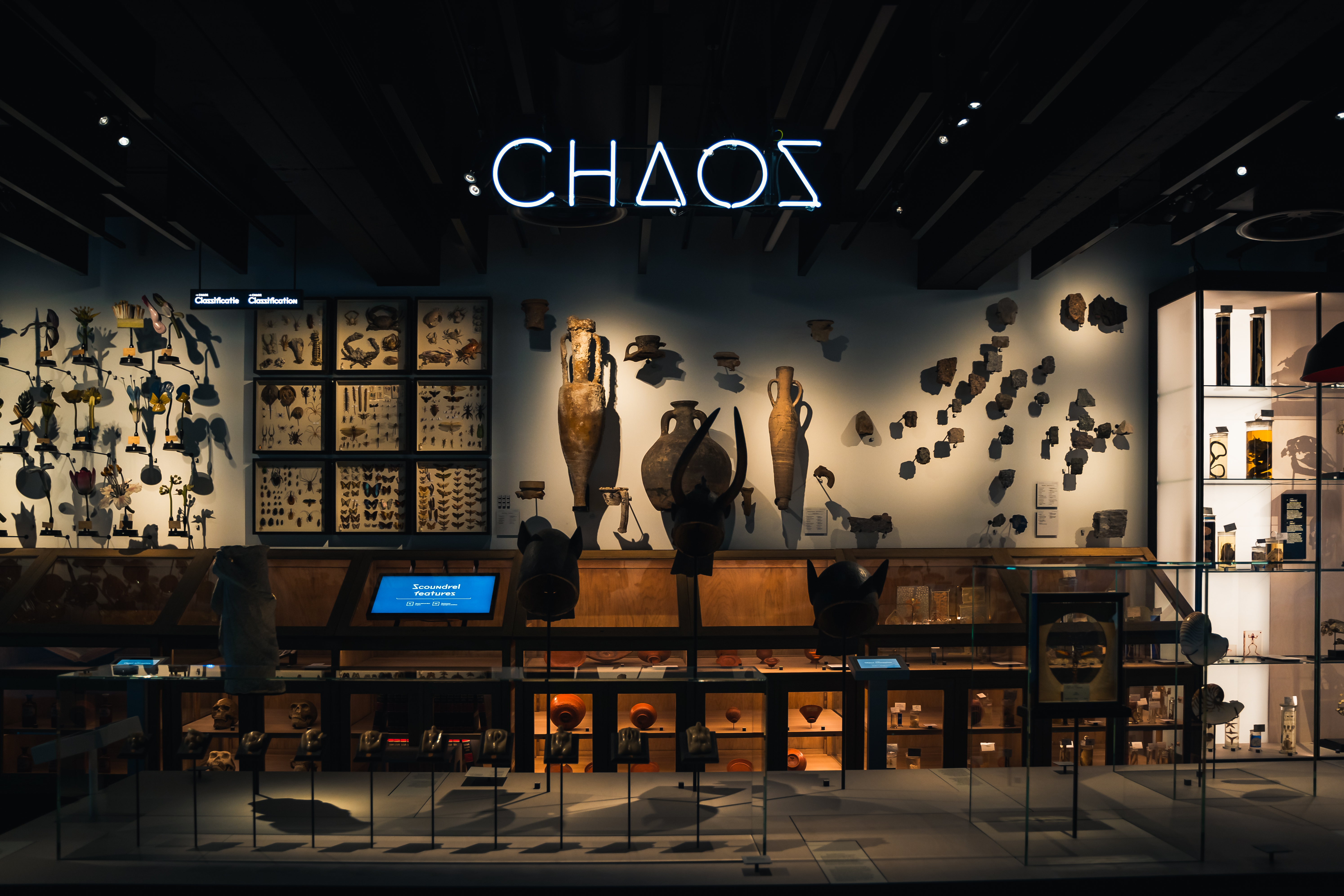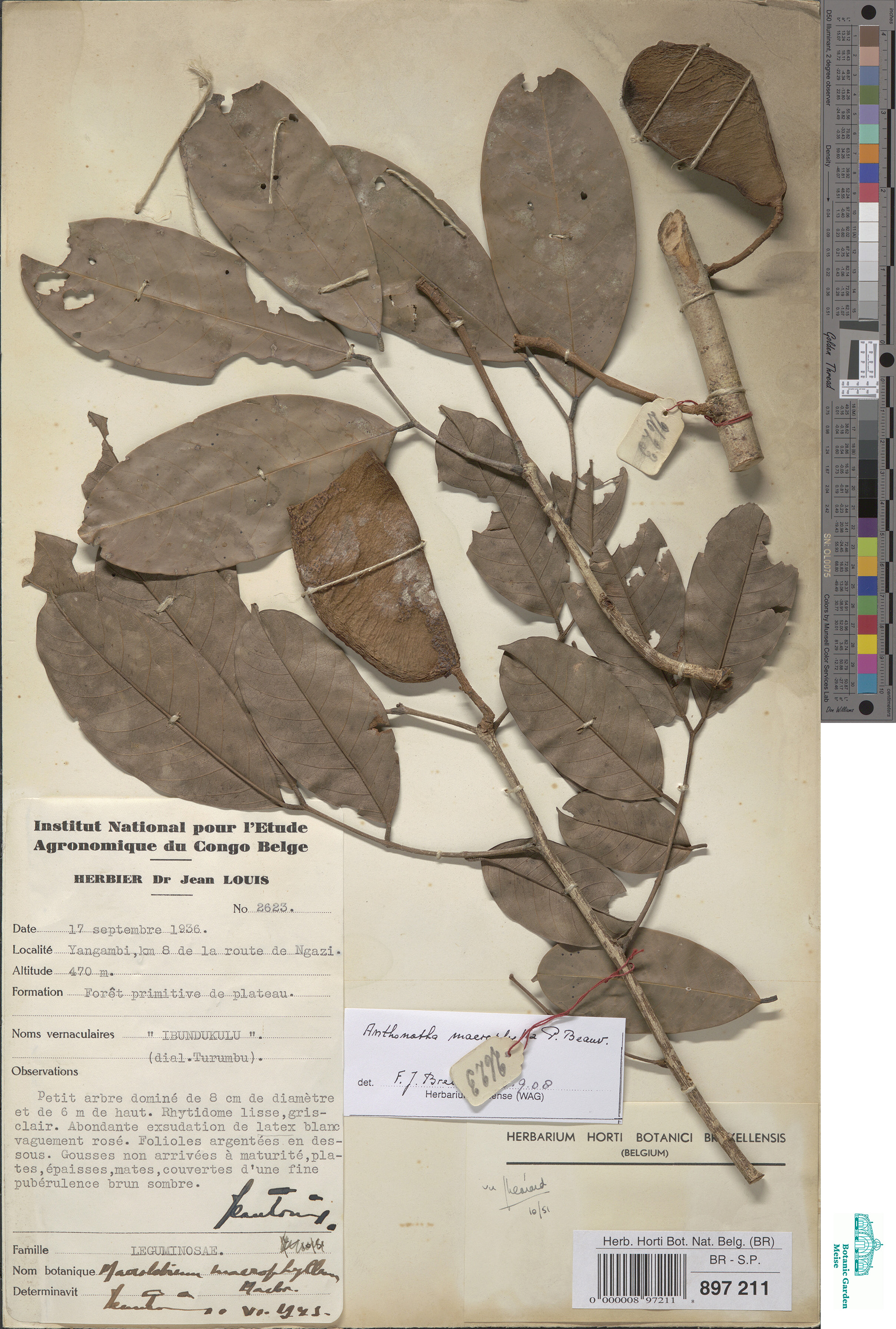DiSSCo is a new world-class Research Infrastructure for the physical and digital curation of European natural science collections under common management and access policies. To make the collections more visible and used, their data and media should become more Findable, Accessible, Interoperable and Reusable (FAIR). Representing the largest ever formal agreement between natural history museums, botanical gardens, zoos and other collection-holding research institutions and universities, DiSSCo enables the transformation of a fragmented landscape into an integrated knowledge base. DiSSCo Flanders will address biological, anthropological and geological collections, comprising preserved, living, tissues and molecular collections. Smaller lab and orphan collections are fully part of this proposal to guarantee their proper conservation and re-usability. The whole workflow from specimen sampling in the field to their digitization and online publication will be addressed. The vision is to position European natural science collections at the centre of data-driven scientific excellence and innovation in biodiversity and environmental research, climate change, food security, health and the bioeconomy.

